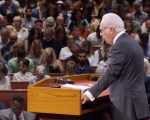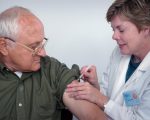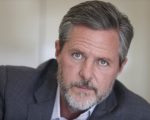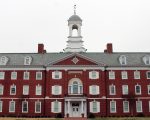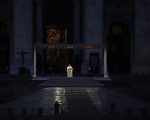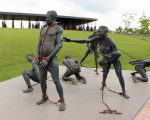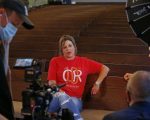News
John MacArthur Wrongly Claims There is ‘No Pandemic’ While Breaking Virus Restrictions
This past Sunday (Aug. 30), John MacArthur, the senior pastor of Grace Community Church in Los Angeles, California, made a startling statement as he holds in-person services in violation of coronavirus restrictions. But there are three problems with MacArthur’s claims.
Vaccine Mandates vs. Religious Beliefs. Next Wave of Coronavirus Lawsuits?
The longer COVID-19 rages on, the more the United States appears to be hanging its hopes on the development and rapid mass distribution of a vaccine. But stopping the virus’s spread will only happen if enough people choose – or are required – to get vaccinated. Will religious objections be allowed?
Turning 100: Lebanon, a Nation Branded by Upheaval, Crises
On Sept. 1, 1920, a French general, Henri Gouraud, stood on the porch of a Beirut palace surrounded by local politicians and religious leaders and declared the State of Greater Lebanon — the precursor of the modern state of Lebanon. A century later, the mood could not be more somber.
Chadwick Boseman: Man of Faith in Real Life & on Screen
Chadwick Boseman, who was most known for playing the superhero in the title role of Black Panther, was a person of faith from childhood who shared biblical wisdom along the path of his career. Here are 4 faith facts about the actor who died Friday.
Liberty Announces Investigation into Falwell’s Tenure
Liberty University, a Baptist school in Lynchburg, Virginia, is opening an independent investigation into Jerry Falwell Jr.’s tenure as president, a wide-ranging inquiry that will include financial, real estate and legal matters, the evangelical school’s board announced Monday (Aug. 31).
Baptist Calvinists Defend Slavery of SBTS’s Founders
As some Black Southern Baptists urge their denomination’s flagship seminary to remove honors to enslavers, prominent White Calvinists associated with the school are defending not only the founders but even slavery.
Keith & Kristyn Getty’s “Sing!” Conference Goes Online, Focuses on Singing at Home
Keith Getty’s life is usually filled with singing. Almost all of it with groups of fellow Christians — which he says is one of the primary tasks of his faith and one made difficult during COVID-19. Now, his annual “Sing!” conference is going virtual.
What Happens When Pandemic Locks Down a Globe-Trotting Pope?
During the coronavirus crisis, Pope Francis has become a 21st century “prisoner of the Vatican” — as one of his predecessors was once known — robbed of the crowds, foreign travel, and visits to the peripheries that so defined and popularized his papacy.
Vermont Religious Leaders Ask State to Remember Enslaved
Some Vermont religious leaders are asking the state to confront its role as a location where Black people were once held as slaves and remember those individuals — like Lavinia and Francis Parker, a mother and son enslaved by Ethan Allen’s daughter Lucy Caroline Allen Hitchcock.
Amid Virus Lockdowns, Prison Ministry Groups had to Adapt
With coronavirus restrictions limiting or preventing access to prisons, faith-based organizations have adapted and innovated during the pandemic to keep up their prison ministries and services.

